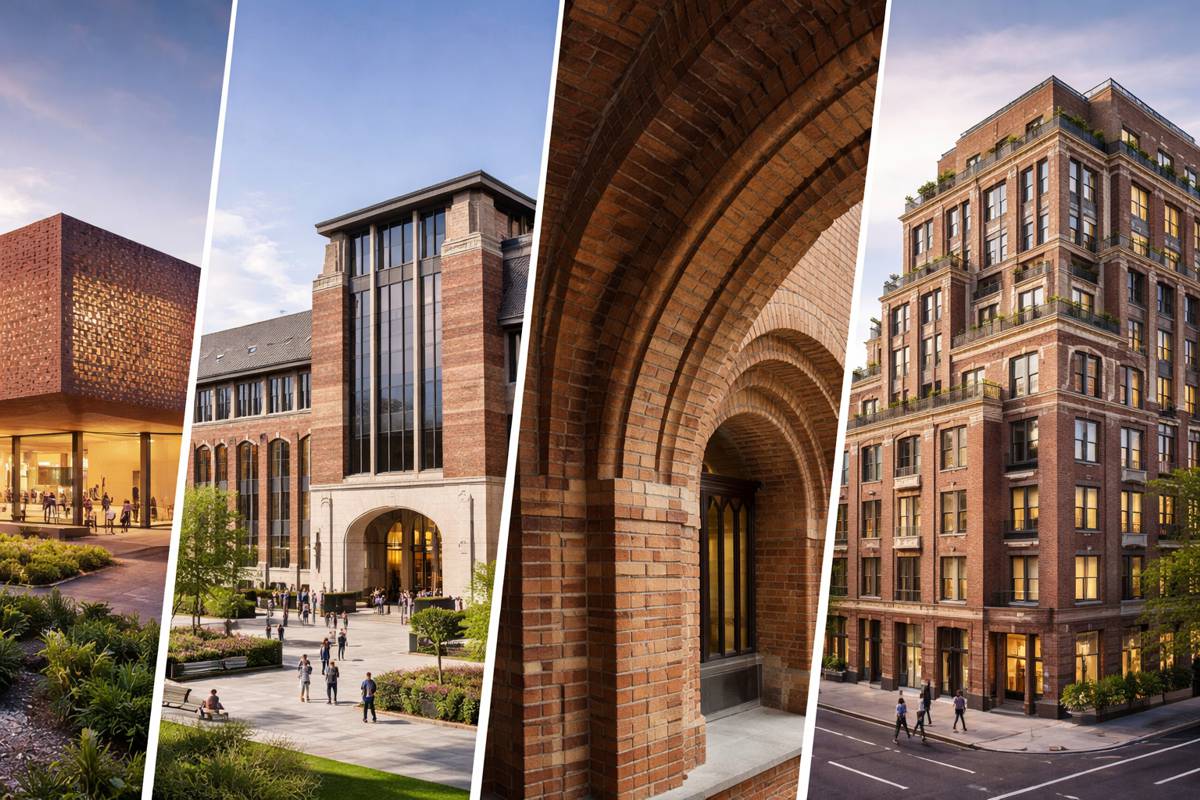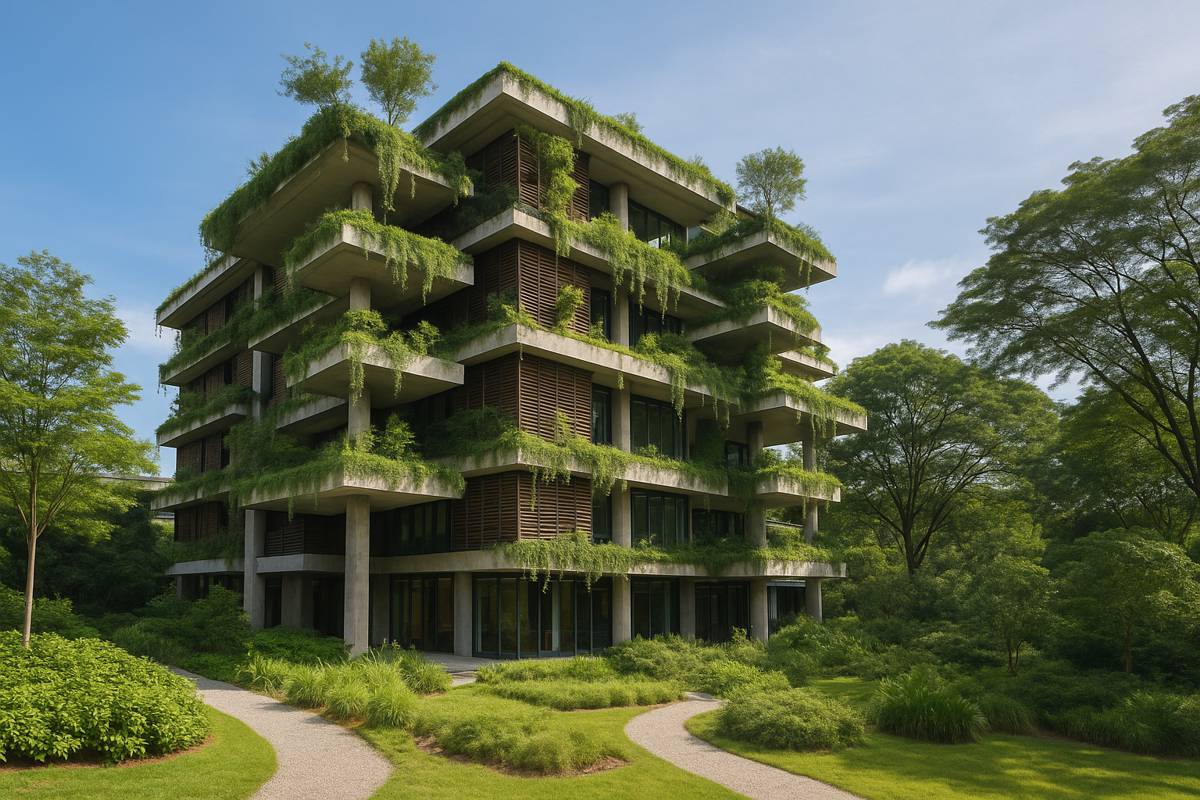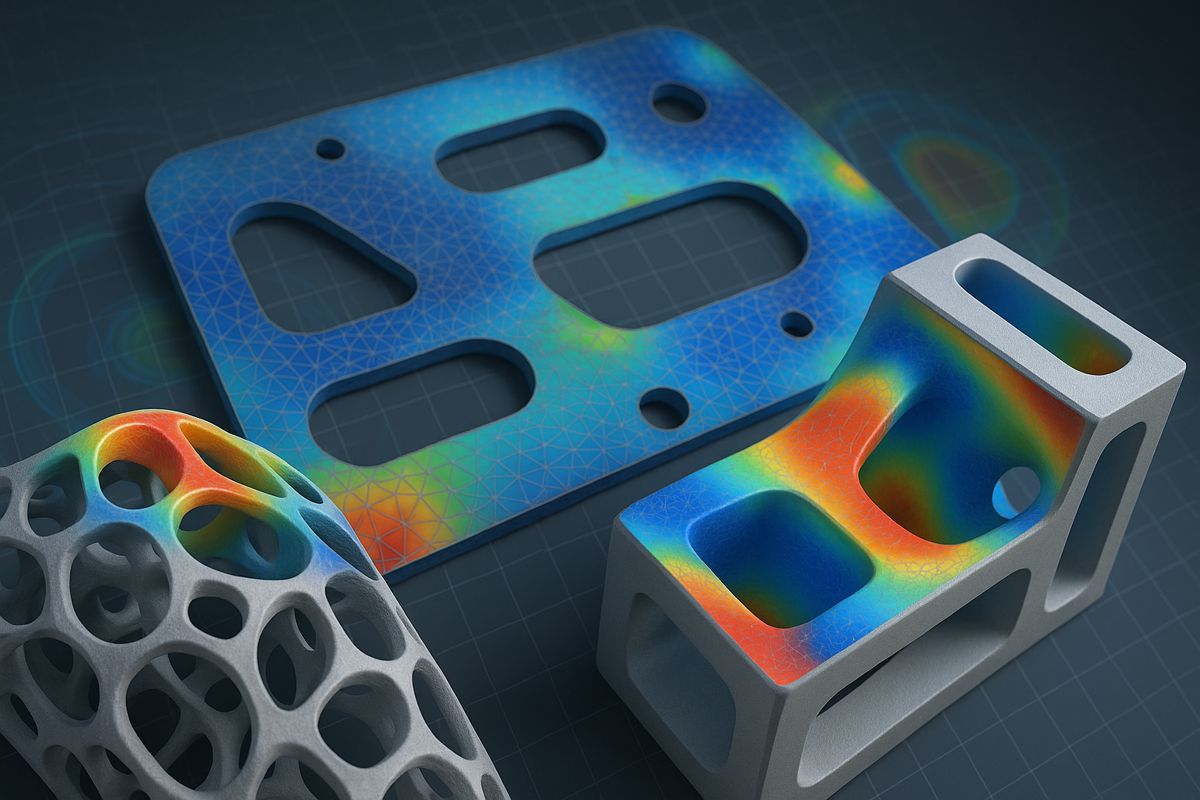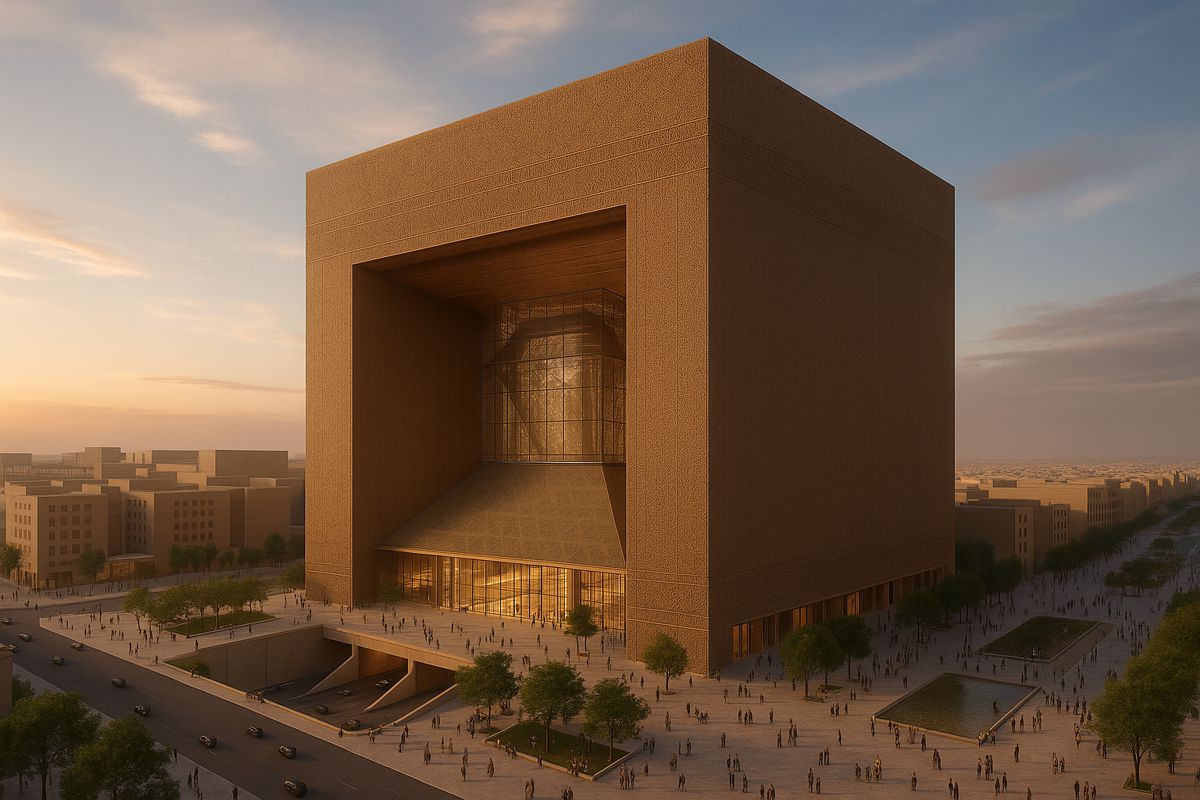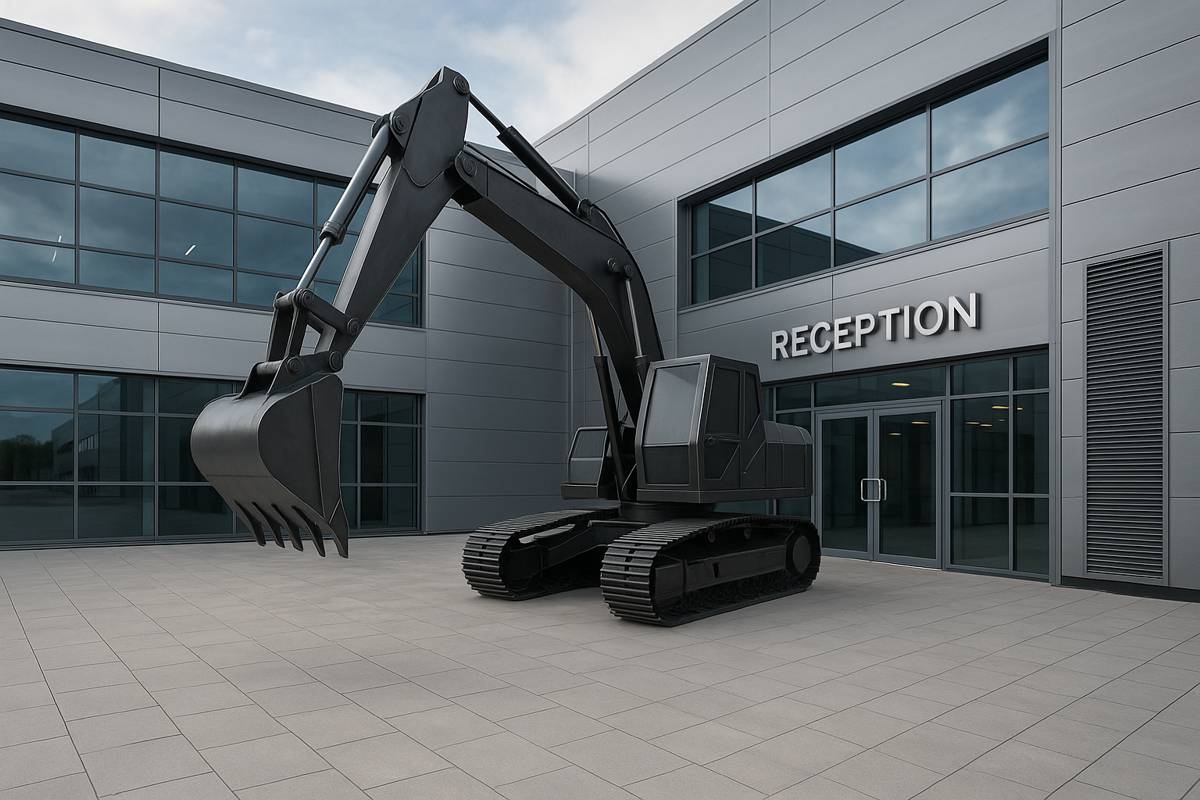Architecture in Commercial Construction
Architects play a vital role in the final output of your construction project. They are responsible for the visual appearance of the establishments and structures before the final structural design.
Architects often create designs that are more creative and aesthetically pleasing. An architect is accountable for developing facilities as per the design concept and the requirements specified by the client. They make use of vision and innovative ideas to satisfy the client. But the design evolved by the architects has to fulfil the building laws and the state’s regulations as well.
Here are the specific roles of architects in construction:
Roles of Architects in Construction
After contacting the architect you want for your project, you should schedule a personal meeting with them to discuss the project’s needs and requirements. Several appointments may take place until both parties are satisfied with the conceptual design. However, designing an entire building is a massive job for one person. Architects collaborate with structural and civil engineers to discuss technical issues and structural integrity. An architect is not only responsible for the designing phase of the project, but they are also mainly involved throughout the process.
Responsibilities of Architects in Construction
The work carried out by the architect has to be organized appropriately. It demands keeping the records of different contracts, the project details, the cost and the budget details, the time limit, and the day-by-day progress report. In most cases, the architects have to work with the civil or structural engineers to communicate and discuss the technical issues faced in the design and the implementation.
1. Drawings and Documentation
The architects are responsible for creating detailed designs and structures of your envisioned system through drawings. Previously architects accomplished this with paper and pencil, but modern software can speed up the process significantly. During this stage, multiple revisions and drawings incorporate changes based on client needs, budget, and regulations.
The final blueprints will guide your construction team to deliver the desired structure, including all structural, mechanical, and electrical systems plans. They can even install new feature roof hatches which are beneficial to your structure. Architects must also create technical documents along with the projects’ design instructions and technical specifications for the contractors.
2. Cost Estimation
Estimating the cost of your project will allow you to have much better control over your addressed budget. Architects can conceptualize the whole project structure while bringing creative designs and ideas to the construction industry. Although, these will also require an underlying structural design. Both the engineers and architects must be careful not to underestimate the cost of materials and construction time since this will be their basis for finding adequate cost estimations. The number of details presented by architects in their cost estimations depends on their extent of work. They can be in charge of delivering a complete construction estimation or just a part such as landscaping.
3. Papers and Contracts
Architects can assist while the contract negotiation phase is taking place. Because of this, they can refer and even choose the contractors for the different tasks at hand. Once everything is received, the architect will carry out an analysis report. Afterward, the results are compared with the client’s expectations and budget.
Construction Phase
Once construction begins, the architect will have to perform meetings and site visits, contract negotiations, and deal with and fix any difficulties and mishaps that may occur. Some documentation will require the architect’s signature and approval during the construction phases.
Here are some of the duties and skills that every architect should possess:
- Design: Architects must design, plan, and create concepts to develop technical documents and construction plans. These are based on the client’s requirements and visualization.
- Customer Service: Architects need to develop social skills and manners since they are usually the first construction professionals working with clients hands-on.
- Investigation: Architects must learn about the different building codes, safety regulations, construction innovations, and city laws that affect their designs. Staying up to date with the modifications in the city laws is vital information for the architects since this will be their guide in creating the appropriate arrangements for your establishment.
- Knowledge About Technology: Architects must be trained in modelling software and techniques, such as BIM. This information will help them remain competitive in the construction industry, becoming more technological.
By working together with your architect and civil engineers, building an establishment that will provide you with the design and efficiency you need will be a smooth task. Make sure you partner with professionals who can comprehend and deliver your visions into reality within your prepared project budget.





















